Today President Trump will announce a significant roll-back in Barack Obama’s Cuba policy. The big change is restricting “person to person” travel to Cuba, a way Obama had found of getting around the statutory prohibition of traveling to Cuba for individual tourism. US commercial carriers and cruise ships can visit but as there is a tourism ban I’m not sure how useful that is. The policy will also direct Customs and Border Protection agents to scrutinize reasons for travel
Trump’s new directive “will include ending the individual, people-to-people travel” sub-category, senior officials told reporters. “There are 12 categories of travel that are permitted still, but the individual people-to-people travel is one that has the highest risk of potential abuse,” according to one official.
…
But travelers could see stepped up enforcement when they return to the U.S. They are required to maintain full schedules and keep detailed logs while in Cuba – something that is rarely checked. Senior officials warned that travelers, however, may be “subject to audit.”
The “wet foot, dry foot” policy will not be reestablished. We will retain formal diplomatic relations with Cuba.
The most significant impact is on business-to-business relationships.
Taking a tougher approach against Havana after promising to do so during the presidential campaign, Trump will outline stricter enforcement of an existing ban on Americans going to Cuba as tourists and will seek to prevent U.S. dollars from being used to fund what the new U.S. administration sees as a repressive military-dominated government.
The new policy will ban most U.S. business deals with the Armed Forces Business Enterprises Group (GAESA), a sprawling conglomerate involved in all sectors of the economy, but make exceptions related to air and sea travel, the officials said.
This last part is critical. Business relationships in Cuba require you to deal with the Cuban military and with Raul Castro’s cronies. There is no benefit to the nation as jobs created by these arrangements simply provide employment for party loyalists.
Most interesting, though, was the role played by Florida Senator Marco Rubio.
If you recall, stop me if you’ve heard this one, Trump began the campaign season in favor of removing travel and trade restrictions on Cuba. By September 2016, Trump was solidly in favor of demolishing Obama’s Cuba policy. How much of that was opportunism and how much was policy is anyone’s guess but the fact is that smacking a Castro never hurt any GOP candidate.
Once elected, Rubio was convinced the roll back of the Cuba giveaway would not happen because he, correctly IMO, recognized that the State Department bureaucracy liked Obama’s policy and would simply drag their feet on acting. (If you don’t believe a deep state exists in the US government, just stop reading now.)
Any effort by Trump to make good on his campaign promise to roll back former President Barack Obama’s historic accord with Raul Castro would be delayed, Rubio cautioned—not just from the Castro government and from outside business interests, but from within. It would be studied to death by government analysts who favor more engagement with Cuba, not less. It would be leaked to the news media. Stillborn with a thousand excuses by the bureaucrats.
So go it alone, Rubio told the president during their May 3 meeting.
“What you’ve committed to do on Cuba, what you want to do on Cuba, is never going to come from career staff. It’s going to have to come from the top down. You’re going to have to tell them what to do,” Rubio recalled telling the president as his fellow Miami Republican member of Congress, Rep. Mario Diaz-Balart, nodded in agreement.
“The career service people, in the State Department and Treasury and in other places, are not in favor of changing this policy,” Rubio recalled telling the president.
…
Their meeting with Trump, at 6 p.m. on a busy Wednesday in between the president’s meeting with Palestinian President Mahmoud Abbas and a dinner with evangelical leaders, included top administration officials, underscoring the importance of the issue for Trump. The president sat facing Rubio and Diaz-Balart on the right and left, respectively, of the Resolute Desk.
To Rubio’s right sat Homeland Security Secretary John Kelly. To Diaz-Balart’s right was Secretary of State Rex Tillerson and, to his right, was national security adviser H. R. McMaster. On the couch behind Rubio sat White House chief of staff Reince Priebus and on the other couch, behind Diaz-Balart, was the president’s son-in-law and adviser, Jared Kushner.
After Rubio and Diaz-Balart pitched their warnings about bureaucratic opposition to cracking down on Cuba, Trump had a simple question: “OK. How do we deal with this?”
McMaster piped up: “I will lead this. I’ll get this done.”
“That’s when things started moving, started moving real fast,” Diaz-Balart told POLITICO, recalling the snippets of conversation.
Secrecy was essential. Trump’s circle of trust was small.
They wanted to prevent media leaks, fearing that other politicians and Cuba-aligned businesses would exploit any opening. But they were more concerned that electronic copies of policy memos could fall into the hands of foreign agents, including Russia, which has a long-standing friendship with the Castro government. So draft proposals were circulated by paper and hand-delivered between the White House, Rubio and Diaz-Balart’s offices and the National Security Council, which oversaw the development of the six-point, eight-page Presidential Policy Directive from Trump.
Here are my takeaways from this:
- Trump has a legitimate concern about fulfilling campaign promises. The easiest course for him would have been to put the Cuba issue on hold.
- Trump is willing to listen to former adversaries. No one can accuse Rubio of going easy on Trump or vice versa and if any large grudge-holding continued, Trump could have sandbagged a deal that meant a lot to Rubio but is small ball to most of the GOP. He didn’t.
- McMaster has more influence than a lot of people will admit. He stood up, took ownership of this Cuba policy, hammered out an interagency agreement, and he kept it all below the radar.
- Trump may be impulsive but he seems to delegate pretty freely to people he trusts (look at Mattis at Defense, for instance). So long as the people Trump trusts are competent, good things can get done. Tillerson, Kelly, and McMaster are visibly part of that circle of trust. IMO, that is a good thing.

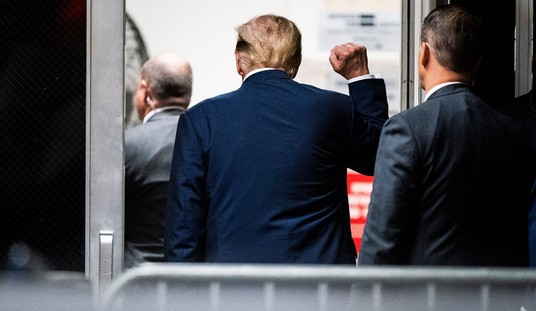


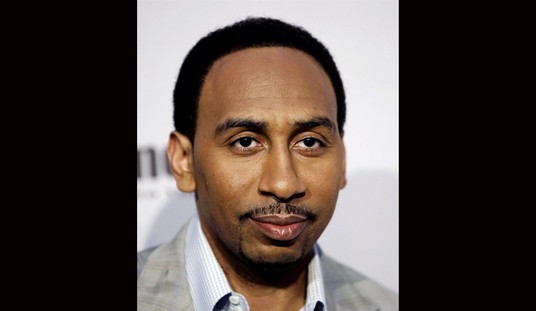
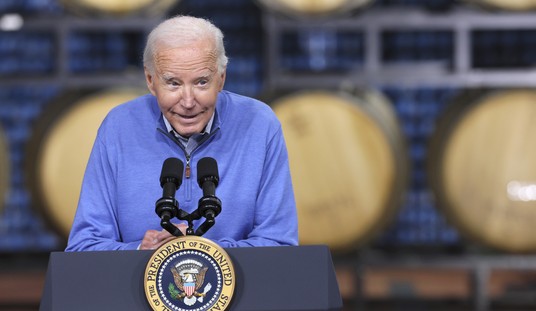

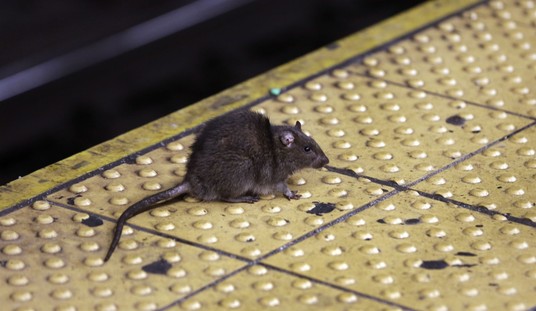
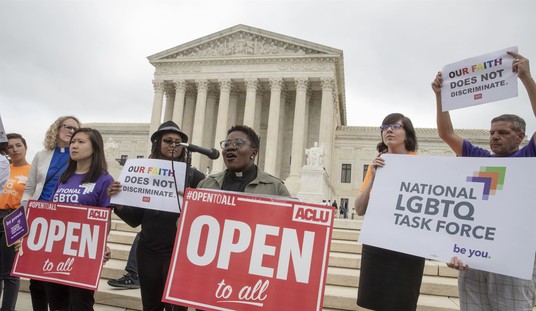

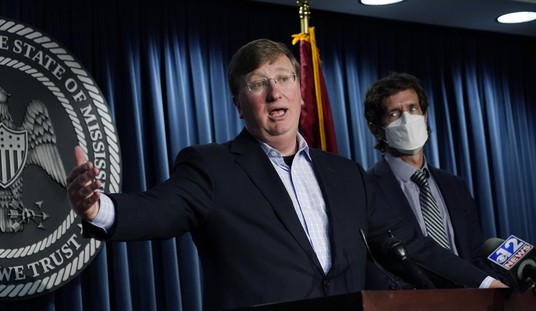


Join the conversation as a VIP Member